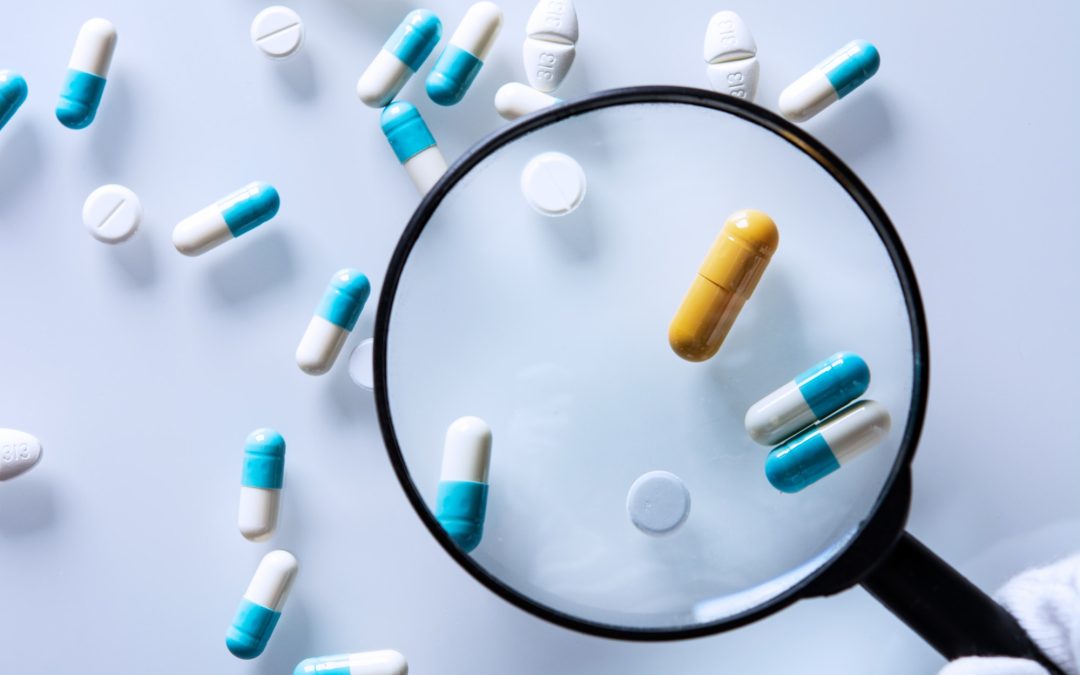Some research suggests that some medicines may increase high blood pressure. Learn about your medications and high blood pressure.
According to a study available in JAMA, patients with high blood pressure may be taking medications that increase their levels. The researchers found that nearly 1 in 5 hypertensive adults in the U.S. reported taking these medications. As part of their research, they defined hypertension (high blood pressure) as being 130/80 mm Hg or higher.
“The majority of U.S. adults with hypertension have not achieved recommended blood pressure (BP) targets,” the authors explain. “One often overlooked barrier to control is iatrogenic, the use of medications that are known to raise BP.”
The researchers also note that there is a national trend of patients who take multiple medications for different conditions. Because of this trend, it’s important to look at medications that may increase BP and how they relate to hypertension.
Medications and Hypertension
 The study used data from the National Health and Nutrition Examination Survey (NHANES) and the effects of BP-raising medications. Their information on these medications came from the 2017 American College of Cardiology and American Heart Association guidelines.
The study used data from the National Health and Nutrition Examination Survey (NHANES) and the effects of BP-raising medications. Their information on these medications came from the 2017 American College of Cardiology and American Heart Association guidelines.
According to their research, using certain medications that contribute to high blood pressure had links to uncontrolled hypertension. For example, they note that people who don’t take blood pressure-lowering medications may experience potential side effects from these medications.
They also note which commonly used drugs may potentially contribute to higher blood pressure levels. These include antidepressants, steroids, estrogens, and prescription-strength nonsteroidal anti-inflammatory drugs (NSAIDs).
Study Conclusions
According to the study authors, their findings suggest that optimizing a person’s medication regimens may help improve blood pressure control. Furthermore, this optimization may also help decrease the need for multiple medications in treating certain health conditions.
“Many medications known to raise BP have therapeutic alternatives without this adverse effect,” state the authors. “For example, acetaminophen in place of NSAIDs and progestin-only or nonhormonal contraceptives in place of ethinyl estradiol-containing contraceptives.”
Finally, their research also suggests that physicians should routinely screen their patients for BP-increasing medications. If their medications do raise BP levels, they should consider replacing the drug with alternatives or minimizing the dose.
The Outlook
 If you currently have high blood pressure and are taking medications, always discuss their effects with your doctor. Moreover, if you’re currently taking medication that increases your BP, talk to them about switching your medication.
If you currently have high blood pressure and are taking medications, always discuss their effects with your doctor. Moreover, if you’re currently taking medication that increases your BP, talk to them about switching your medication.
However, if you’re looking for another way to boost your health, consider taking supplements like L-arginine Plus. It contains ingredients that can effectively promote your circulation, blood pressure health, cholesterol health, and more.
Give your heart health the support it deserves by leading a healthy life and taking L-arginine Plus.

